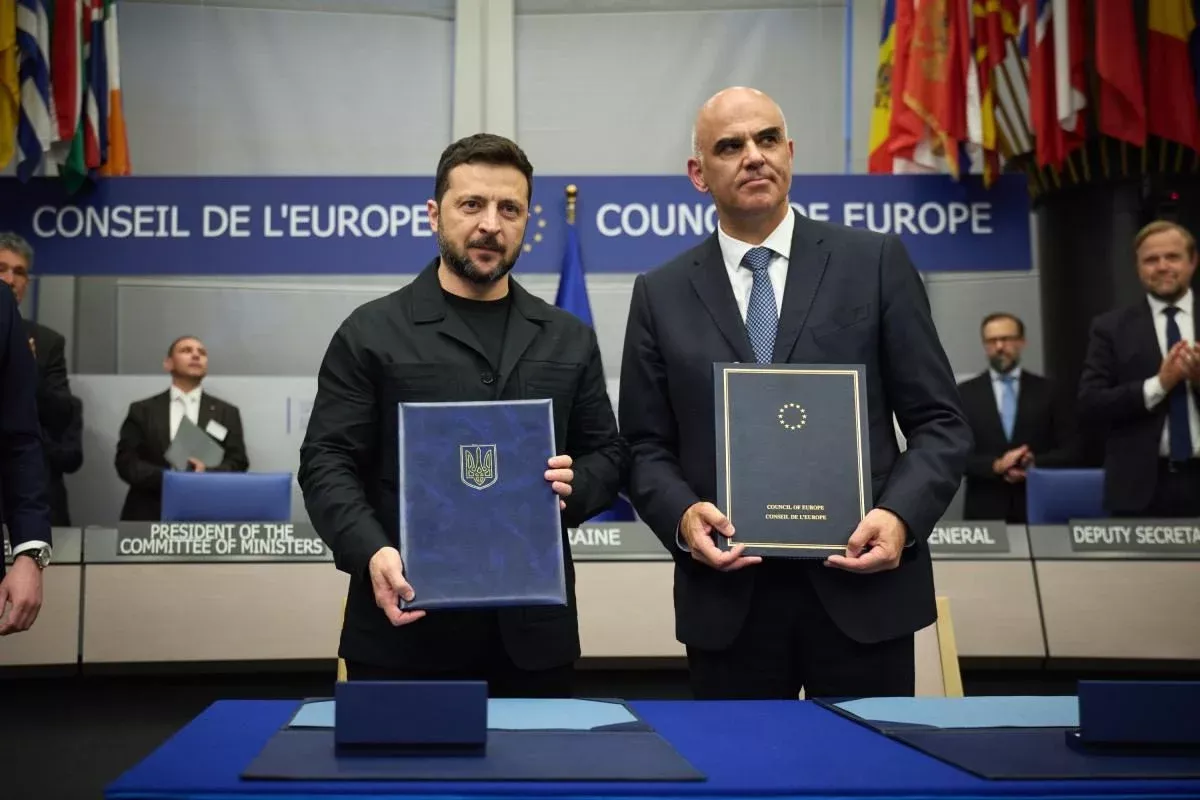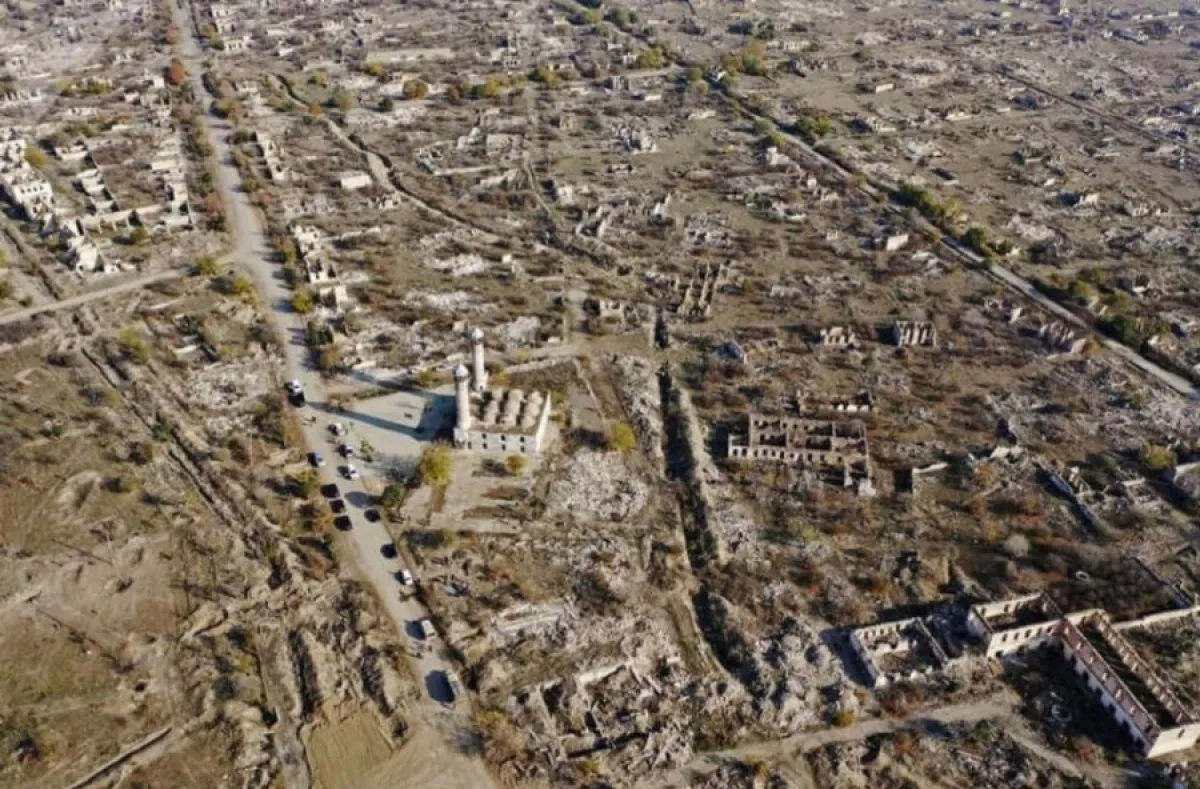Tribunal for some, silence for others Double standards of the Council of Europe
Ukrainian President Volodymyr Zelenskyy and Council of Europe Secretary General Alain Berset signed an agreement on June 25 in Strasbourg to establish a Special Tribunal for the Crime of Aggression against Ukraine. “Justice for Ukraine will not wait,” Berset declared. According to Ukrainian media, the Committee of Ministers has already completed work on the legal texts forming the basis of the Special Tribunal. It will be created within the framework of the Council of Europe with a mandate to prosecute the top leaders of the Russian Federation for the crime of aggression against Ukraine.
British-Canadian political scientist of Ukrainian origin Taras Kuzio shared his opinion on this matter.
“Today the Council of Europe set up its first Tribunal to criminally prosecute Russian aggression against Ukraine. Why, 34 years after the USSR disintegrated, is it the Council of Europe's first Tribunal? Why did the Council of Europe not set up a Tribunal to prosecute Armenia for the crime of aggression against Azerbaijan? Armenia occupied 20% of Azerbaijan. Russia occupies 20% of Ukraine. Perhaps the Council of Europe has double standards?” he asks in his status published on the social media platform X.

Indeed, from 1991 to 1994, the Armed Forces of Armenia occupied about 20% of the territory of sovereign Azerbaijan, resulting in over one million Azerbaijanis becoming refugees and internally displaced persons. Dozens of cities and hundreds of villages were destroyed, cultural monuments were damaged, mosques desecrated, libraries and schools burned down.
Despite four United Nations Security Council resolutions demanding the immediate, full, and unconditional withdrawal of Armenian armed forces from the occupied territories of Azerbaijan, none have been implemented. The Council of Europe, which admitted Armenia and Azerbaijan in 2001, did not initiate any legal mechanisms to hold Yerevan accountable for the clear crimes of aggression, occupation, and ethnic cleansing. There are many arguments to be made, but the main one is political will and the selectivity of international institutions. Justice, it turns out, for some countries is a privilege, not a universal right. Ukraine, situated at the heart of the European political and media space, has received not only broad international support but also a legal mechanism to prosecute Russia.
Meanwhile, in the 1990s, Azerbaijan found itself on the periphery of European organisations' interests. Moreover, for a long time, the Armenian-Azerbaijani conflict was portrayed in European discourse as a “territorial dispute” rather than as an act of aggression by one country against another. What does this indicate? It confirms the existence of double standards today.

If Russia occupies 20% of Ukraine, it is a crime worthy of a tribunal. But if Armenia occupies 20% of Azerbaijan, it turns out to be a “complex conflict” that falls outside the jurisdiction of justice. This is particularly outrageous because the impunity for aggression against Azerbaijan has had far-reaching consequences. For nearly 30 years of occupation, the Armenian side, without fear of international legal accountability, strengthened its military infrastructure and pursued policies of colonisation and demographic changes in the occupied territories of Azerbaijan.
All this happened in full view of the Council of Europe, which preferred to maintain “neutrality” rather than apply the principles proclaimed in its founding documents. Only in 2020 did Azerbaijan, relying on its international right to self-defence, restore its territorial integrity during the 44-day war. Even then, European organisations tried to accuse Baku of “escalation,” ignoring 30 years of violations by Armenia.
It is important to reiterate an undeniable truth: international law cannot be selective. The Council of Europe must acknowledge that ignoring crimes in one region while activating legal mechanisms in another undermines trust in the very principles of justice. Azerbaijan is no less a full-fledged member of the Council of Europe than Ukraine. Its citizens are no less deserving of justice. Today, as Europe finally talks about punishment for aggression, it is time to ask: why was this aggression not recognised when Azerbaijan suffered? However, it is not too late to correct this mistake, this blatant injustice. The only thing required is for the Council of Europe to abandon its policy of double standards and to show the political will necessary for a fair assessment of the crimes committed by Armenia against Azerbaijan.








